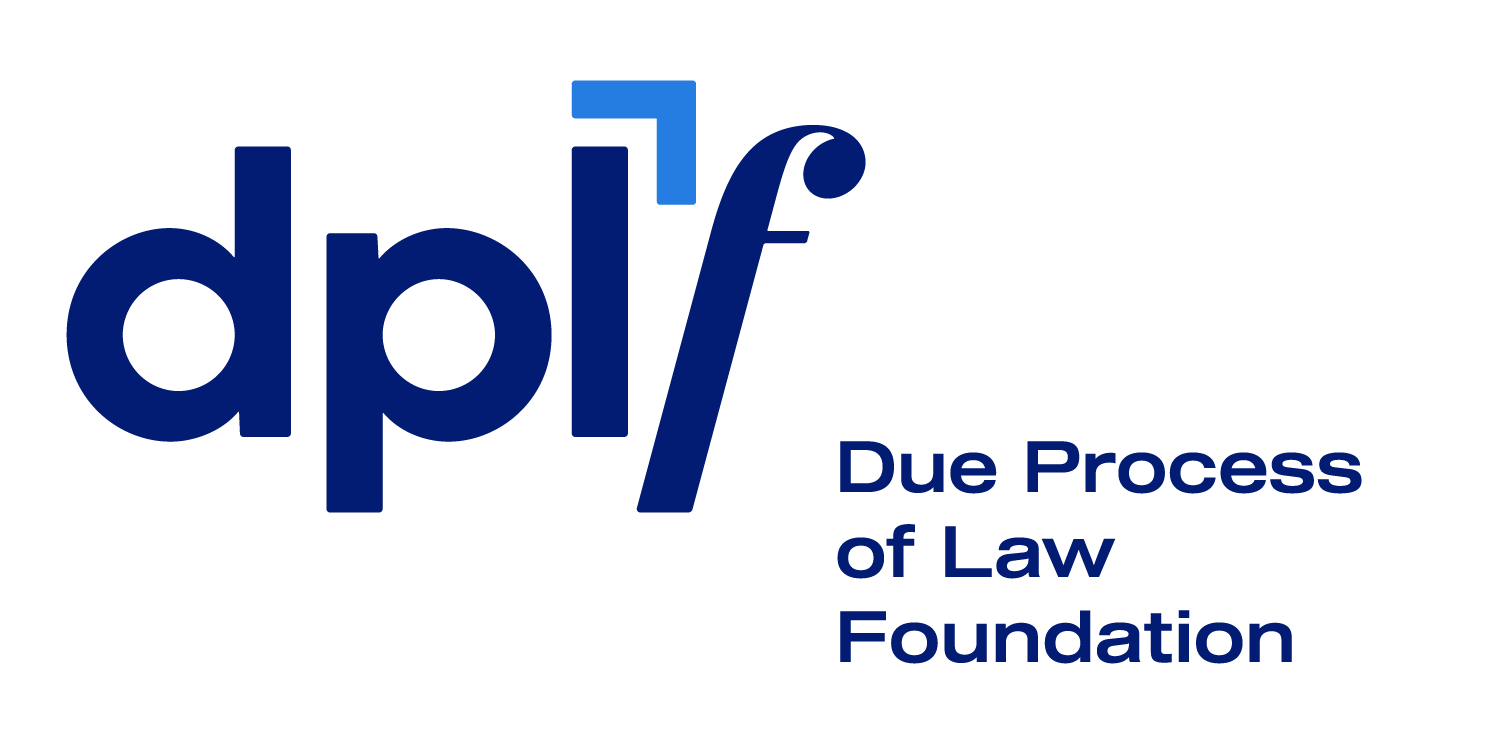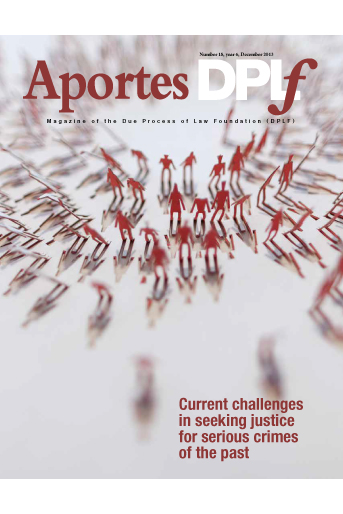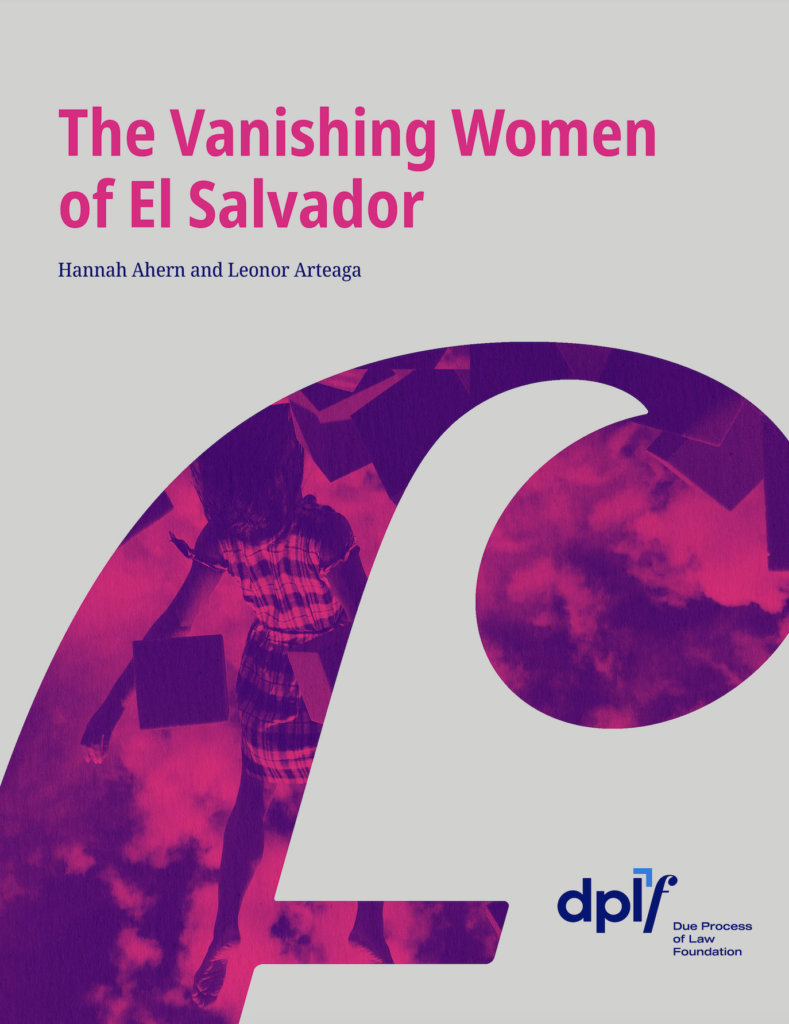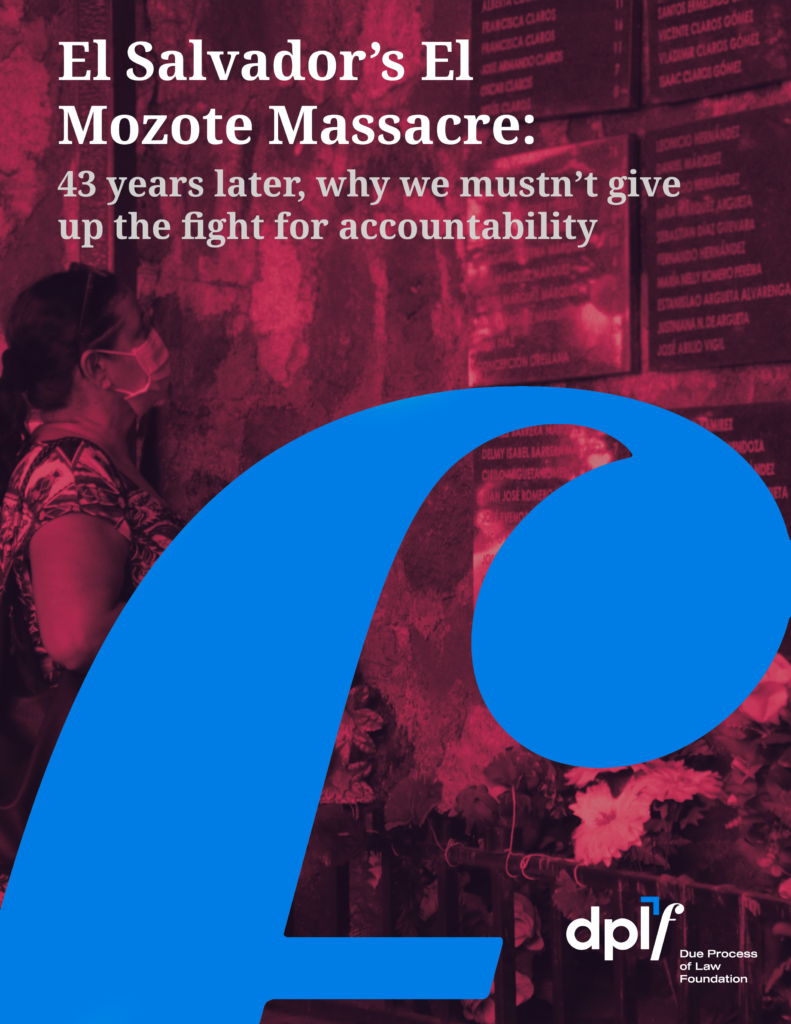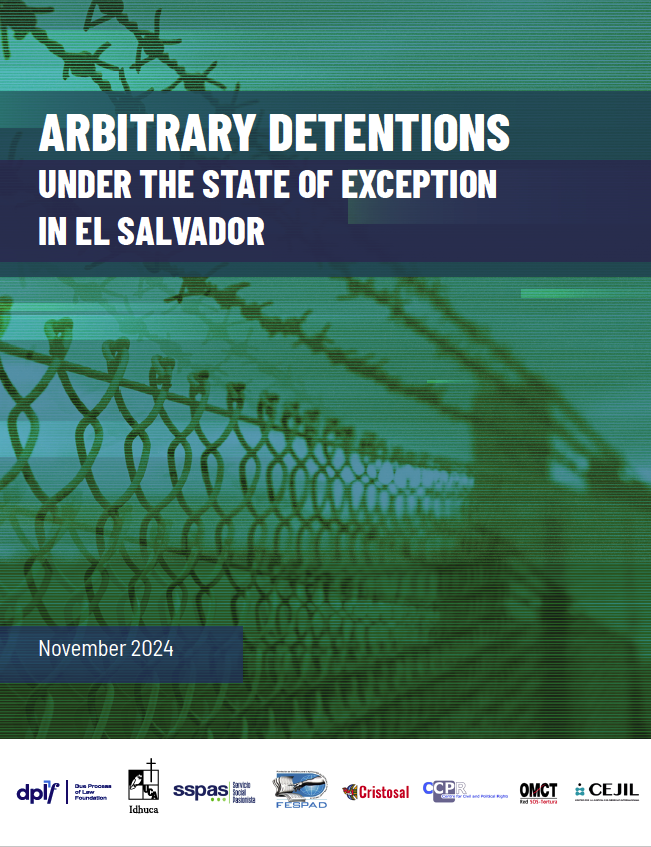During 2013, several trials for crimes committed during the dictatorships in Latin America showed us: first , that investigation of the crimes and punishment of the perpetrators is still a pending task in the region; and secondly, that national courts have become the new key actors in the fight against impunity. While recognizing the central role of the victims and the organizations that have accompanied them, former President Rios Montt’s conviction for genocide in Guatemala and decisions on extrajudicial killings such as in the cases of Barrios Altos and La Cantuta in Peru, show that there are prosecutors and judges willing to decide independently and use international law in a complementary way with national law to address the legal issues raised by such crimes.
In this issue of AportesDPLF recognized experts in the region offer a journey from Guatemala to Argentina sharing information on national processes, revealing significant progress but also setbacks. As for Colombia, the only country with an ongoing armed conflict in Latin America, DPLF chose to include articles which address –from different perspectives- the scope of the duty to prosecute serious human rights violations in the context of an eventual peace process. See the index of this magazine here.
The various processes examined in this issue of AportesDPLF – in spite of inconsistencies and structural weaknesses embedded in national institutions- serve as an example for other regions facing transitions to democracy.
We thank all the authors who contributed to this issue of our institutional magazine, and have no doubt that their analyzes will promote debates and action in favor of accountability. We hope you find this publication useful and practical.
